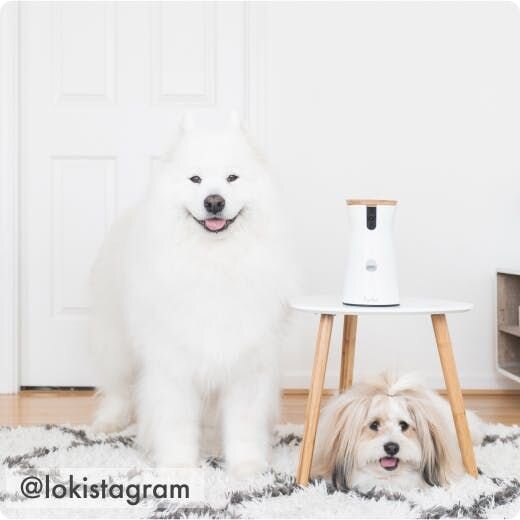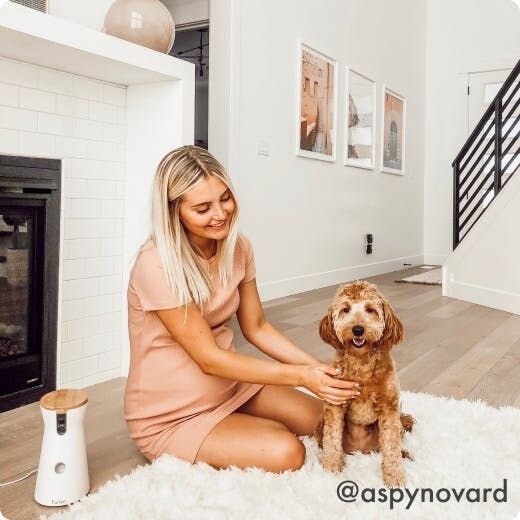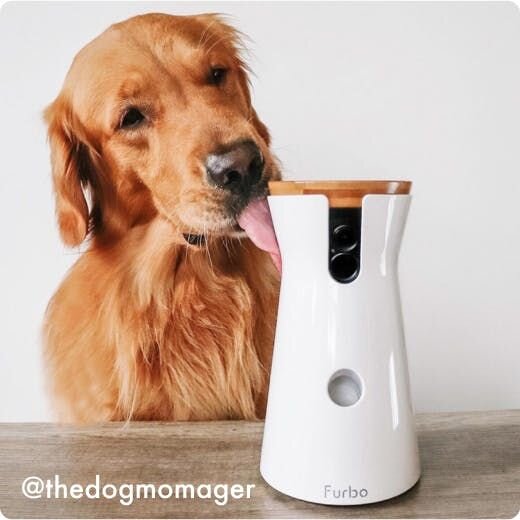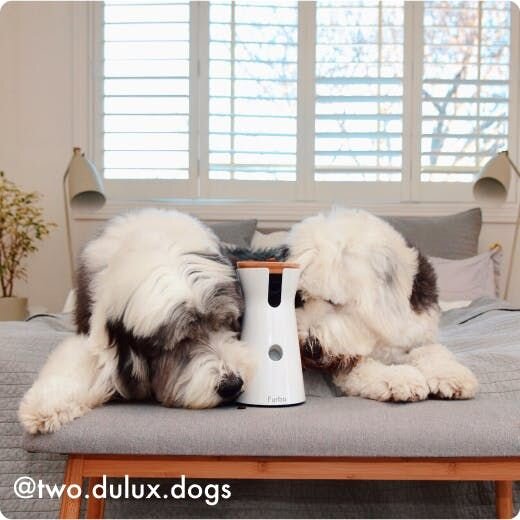

Recognizing the signs of cat separation anxiety is crucial for understanding and addressing this condition. Some common signs to watch out for include excessive vocalization, such as frequent meowing or yowling. Cats experiencing separation anxiety may also engage in destructive behavior, such as scratching furniture or chewing on objects. Cats who urinate or go potty outside of the litter box, or display aggressive behavior, such as biting, hissing, or scratching, could be displaying manifestations of separation anxiety. Event more subtle behaviors issues such as excessive grooming or overeating, and changes in their appetite or sleeping patterns are all signs of separation anxiety.

To fully comprehend the causes of cat separation anxiety, it's important to consider various factors. Early life experiences or trauma can contribute to the development of separation anxiety in cats. Sudden changes in the household or routine, such as a move or a new family member, can also trigger this condition. Furthermore, a lack of proper socialization during a cat's early stages of life can make them more prone to separation anxiety. Previous negative experiences during their owner's absence, such as being left alone for extended periods without proper preparation, can also contribute to their anxiety. Finally, bonding and attachment issues between a cat and their owner can play a role in the development of separation anxiety.
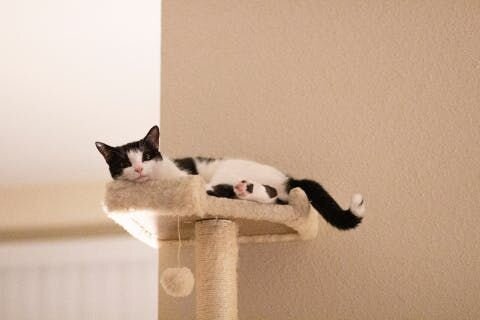
Creating a safe and enriching environment for cats is essential for helping them cope with separation anxiety. Interactive toys such as the toy wand on Furbo Cat Camera or throwing treats periodicallyare all stimulating activities for home-alone cats, these activties can help engage their senses and encourage mental engagement. Establishing a consistent routine can offer a sense of security and predictability, helping your cat feel more at ease. Consider leaving the TV or radio on at a low volume to provide comforting background noise that can help alleviate their anxiety, or speak to your cat from time to time so that they can hear your voice. Create vertical spaces like cat trees or shelves to allow your cat to climb and observe their surroundings, satisfying their natural instincts. And don’t forget to offer hiding spots such as cozy beds or covered boxes gives them a sense of security and a place to retreat when feeling stressed.

In addition to creating favorable conditions for your cat, gradual desensitization can help your cat become more comfortable with staying home alone. Start by leaving them alone for short periods and gradually increase the duration over time, allowing them to adjust at their own pace. Positive reinforcement techniques, such as rewarding your cat with treats or praise when they remain calm during your absence, can help reinforce positive behaviors. Associate your departure cues, like putting on shoes or picking up keys, with pleasant experiences like playtime or treats, creating positive associations with your departure. Leaving behind an item with your scent, such as a worn t-shirt, can provide comfort and familiarity to your cat, helping them feel more secure when you're away. By implementing these strategies, you can create a supportive environment and gradually reduce your cat's separation anxiety.
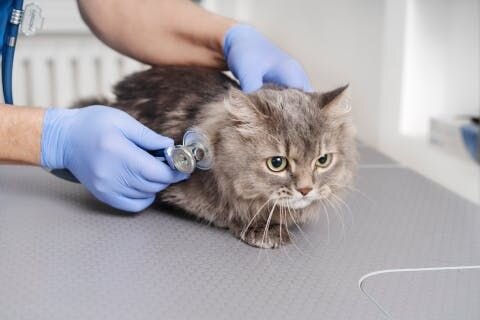
If your cat's separation anxiety continues to persist despite your best efforts, it may be beneficial to seek professional help. Consulting with a veterinarian, feline behaviorist, or pet trainer can provide valuable insights and guidance in addressing this issue. These professionals are equipped with the expertise to assess your cat's specific needs and offer specialized advice tailored to their individual situation. In some cases, they may recommend the use of anti-anxiety medications to help alleviate your cat's anxiety. Seeking professional help ensures that you have access to the necessary resources and support to help your cat overcome separation anxiety effectively. Moreover, these professionals can suggest behavior modification techniques that can be implemented to support your cat's emotional well-being and promote a sense of security when left alone.

Cats, like any other pets, can experience separation anxiety when left alone. However, by understanding the signs, and causes, and implementing the right strategies, you can help your feline friend feel more secure and relaxed when you're away. Patience, consistency, and a supportive environment are key to addressing separation anxiety and ensuring your cat's well-being. With your love and care, you can make a significant difference in your cat's life and foster a stronger bond of trust and companionship.
